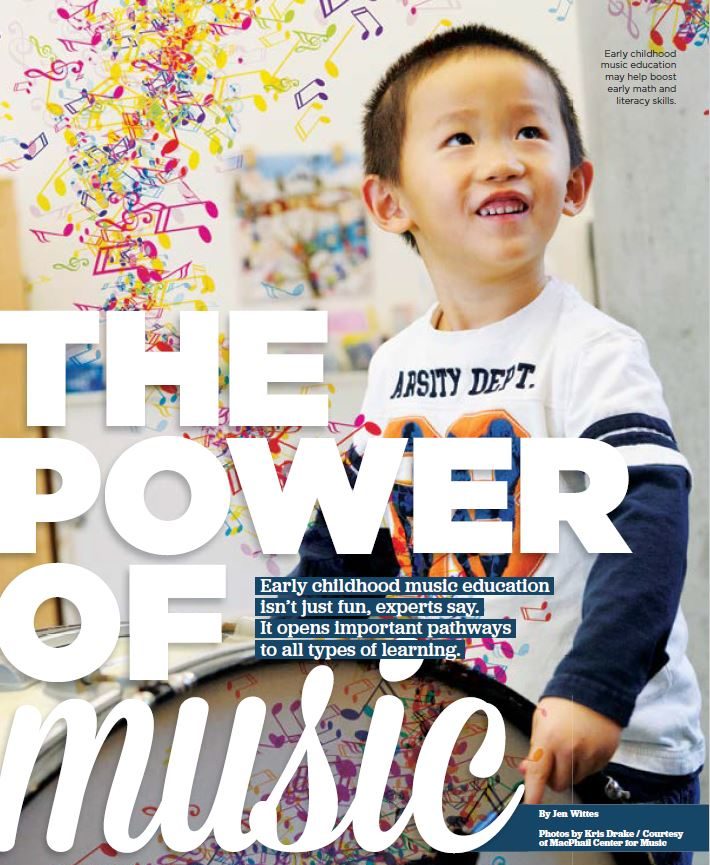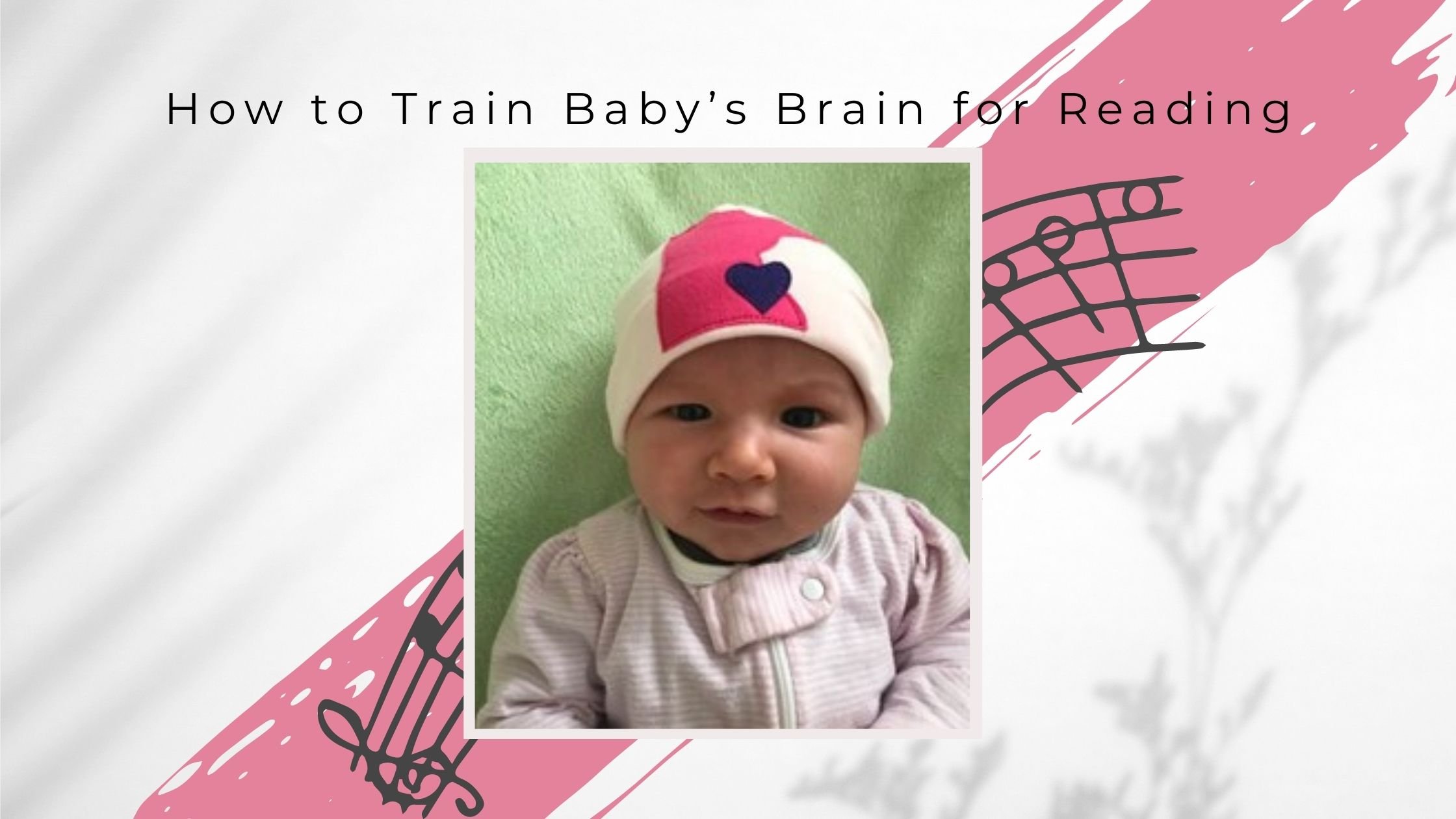How do you want your children to act around other people? You likely want to raise them to be good people. You might want your child to be polite. You might want your child to care about other people. You might want them to demonstrate empathy, respect, and kindness.
If your goal is to teach your child to be respectful to a wide range of people, it makes sense to start young. According to Foundations Counseling, LLC, children as young as three may notice differences such as race and gender. The Centre for Education & Youth states that children as young as three may react to other people in ways that demonstrate bias. Similarly, the Society for Research in Child Development finds that children are aware of stereotypes by as young as six years old.
The best time to talk with children about empathy and inclusion is as they are forming their understanding of the differences between people. Children at this age learn their behavior from the adults around them, so if they see adults showing respect to a diverse range of people, children will also learn to mirror that behavior.
However, if children don’t see examples of kindness to someone who looks different from them, they may start acting in ways that perpetuate bias and stereotypes. Yet parents can’t be around their children all the time. So where can parents bring their children to learn these traits from other people?
In 2023, one of the best places for children to learn empathy and respect for people who look different may be around other children who have very different capabilities and needs.

Here are ten reasons your typically abled child may benefit immensely from attending an inclusive early childhood education center:
1. Inclusive preschool education boosts children’s social skills. According to the National Professional Development Center on Inclusion, both typically abled and disabled children improve their social development skills in inclusive environments. Your child will learn how various people may react differently. They will learn to adapt their behavior and words more depending on the people around them.
2. You are more likely to appreciate your child’s educational experience. The journal Early Childhood Research Quarterly found that parents of children attending inclusive preschools are more satisfied with their child’s preschool education. This is regardless of whether their child has special needs.
3. Your child will enjoy increased learning. The curriculum designed for special education settings often also benefits the learning and behavior of children of all ability levels. Years down the road, the curriculum from these inclusive schools may be in mainstream schools. In this way, your child will be ahead of the curve!
4. The inclusive educational setting is prepared to adapt lessons to your child’s learning style. In these inclusive settings, teachers are prepared to help each child learn and are understanding if a child’s learning needs a different approach. It is typical to give children choices about completing tasks, so they can choose the learning style that works best for them.
5. Your child will learn to play both with others and independently. In this setting, it is important to help children recognize when and how to interact with others since comfortable interactions might be a little different for some children. It will also be vital to learn when and how to take a step back and find something else to do for a while, as sometimes one of the children will need a break. In this way, your child will learn to adapt better to a variety of situations.
6. Inclusive settings encourage children to learn patience and resilience. There will undoubtedly be situations where your typically abled child will need to wait on behalf of another child’s issue. This will help them learn to wait and build their resilience in this area. Your child will also be surrounded by examples of their peers trying to do things and may be encouraged to keep trying when faced with difficult situations.
7. Inclusive preschools encourage teamwork and collaboration. In an inclusive environment, children support each other. They learn to work together and adapt to achieve common goals, despite individual abilities.
8. Inclusive preschools help reduce stigma around disabilities and promote more diverse understandings of community. Early experiences shape worldview perspectives. By personally knowing people who function differently, your child will believe fewer of the stereotypes around disability. Your child will be more likely to adopt inclusive attitudes and behaviors, such as respecting, tolerating, accommodating, and even befriending disabled people throughout their lives.
9. Your child may learn to value inclusivity. Fairness is a big deal to children in preschool. For this reason, lessons about belonging and equity are especially powerful. Your child is more likely to adopt a mindset that advocates for inclusivity, acceptance, and belonging.
10. Inclusive preschools are a great way to prepare your child for the real world. Gen Z and younger generations are increasingly diverse and value equity and inclusivity. In this way, DEI and equitable values are the way of the future. By immersing your child in a setting with these values at a young age, you are setting your child up to relate well with a range of peers across their generation.

As a parent, you’re already doing well by considering what your child will learn in various public settings. The best way to teach your child to be empathetic to a wide variety of people is to surround them with positive role models that encourage inclusive behaviors. An inclusive preschool may be the best public setting for modern children to learn empathy.
Photo Credit: Fraser School
Chris Bentley is the Director of Fraser School, an Early Care and Development Center with preschool and childcare for children of all abilities.























